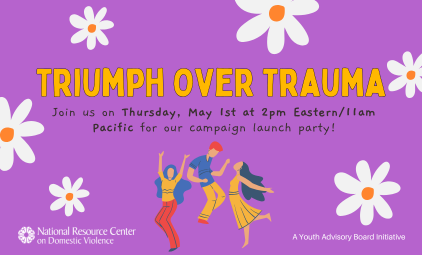Women's responses to childhood and adulthood sexual violence are complex and highly individualized. Some survivors experience severe and chronic psychological symptoms, whereas others experience little or no distress. The wide range of consequences may be attributed to assault characteristics, environmental conditions, survivor attributes, and availability of social support and resources. The use of different methodologies may also contribute to mixed findings across studies. In this paper, sexual trauma refers to one or multiple sexual violations that invoke significant distress. The term sexual trauma is used based on clinical observations that some survivors do not label their experiences as rape or assault due to familiarity with the perpetrator or the absence of force.
Childhood sexual trauma is associated with posttraumatic stress disorder (PTSD), depression, suicide, alcohol problems, and eating disorders. Survivors may also experience low sexual interest and relationship difficulties and engage in high-risk sexual behaviors and extreme coping strategies. In the most severe cases, women may experience symptoms of a personality disorder, including one that is distinguished by enduring patterns of instability and impulsivity (i.e., Borderline Personality Disorder). Limited data on risk factors suggests that family environment and supportive responses from family and intimate partners may improve mental health and functioning among survivors.
Adulthood sexual trauma is associated with short-term and long-term psychological consequences. Short-term effects include shock, fear, anxiety, confusion, and withdrawal. Many survivors experience a reduction in symptoms within a few months, whereas some women experience distress for years. Long-term outcomes include PTSD, depression, eating disorders, sexual dysfunction, alcohol and illicit drug use, nonfatal suicidal behavior and suicidal threats, physical symptoms in the absence of medical conditions, and severe preoccupations with physical appearances. Risks of developing mental health problems are related to assault severity, other negative life experiences, maladaptive beliefs, and perceptions of lack of control.
The current literature has identifiable gaps and controversies. Little is known about the impact of childhood and adulthood sexual victimization among women from understudied communities (e.g., racial, ethnic, religious, disability, sexual orientation, poor and homeless minorities). There is also an ongoing debate about the heavy reliance on PTSD as a primary diagnosis for survivors. Critics argue that the diagnosis supports a tendency to overemphasize the survivor's role in responses to sexual trauma with little recognition of the role of social support and societal and cultural factors. Addressing these limitations requires stronger collaborations between researchers, practitioners, advocates, health educators, and policymakers and utilization of a basic foundation of knowledge and common language of mental health. Advocates may apply this information to promote specialized trainings for practitioners, support reforms that help secure funding for rape crisis centers and related services, and educate the general public to improve community responsiveness, reduce stigma, and increase awareness of available resources for survivors.
| Attachment | Size |
|---|---|
| The Psychological Consequences of Sexual Trauma | 631.55 KB |














